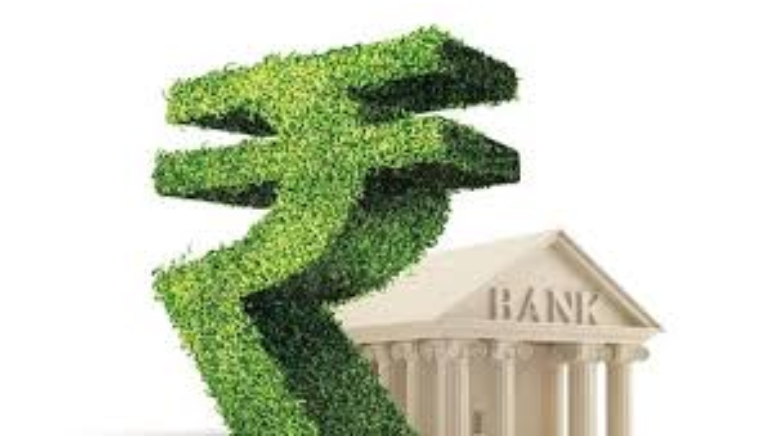RBI is stepping up its green initiatives.
The Reserve Bank of India (RBI) has plans to establish a data repository for climate change risk.
“Climate change is emerging as a significant risk to the financial system world over. This makes it necessary for regulated entities to undertake robust climate risk assessment, which is sometimes hindered by gaps in high-quality climate-related data. To bridge these data gaps, the Reserve Bank proposes to create a data repository, the Reserve Bank – Climate Risk Information System (RB-CRIS),” said Shaktikanta Das, Governor, RBI.
The portal will be available in two sections, to fill in the gaps in the fragmented data that is currently available on climate.
The first component will be a publicly accessible Web-based directory on the RBI website that lists a variety of data sources, including meteorological and geographic data.
A data portal containing datasets (processed data in standardized formats) will make up the second section. Mr Das said that only regulated entities would have phased access to this data portal.
“It is crucial for regulated entities to undertake climate risk assessments for ensuring stability of their balance sheets and that of the financial system. Such an assessment requires, among other things, high quality data relating to local climate scenarios, climate forecasts, and emissions,” he said.
The Green Backdrop:
It must be noted that the RBI published the guidelines for accepting green deposits from regulated businesses in April 2023. As per the guidelines, the goal was to support and expand the nation’s green financial ecosystem.
According to the framework, regulated businesses can provide green deposits to clients, safeguard depositors’ interests, assist clients in achieving their sustainability goals, resolve concerns about greenwashing, and support the expansion of credit available for green initiatives.
Michael Patra, Deputy Governor, RBI, had in June 2024 asserted that the bank was considering offering green deposit coverage.
He said, “We are exploring appropriate coverage for green deposits, climate-risk based differential premiums and funding needs for climate sustainability.”
RB-CRIS follows the discovery that climate change poses a serious global risk to the financial system. The goal of this project is to improve climate risk assessments by offering standardized, high-quality data, Mr Das said.

